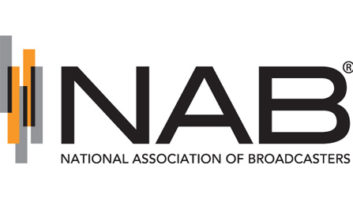A San Francisco-based organization interested in digital rights has posted documents related to the FCC’s authority to conduct warrantless searches of private residences.
These documents were the result of a Freedom of Information Act request by the Electronic Frontier Foundation and were received last fall. The question of such authority comes into play for instance when the FCC pursues alleged radio pirates or gets complaints about interference to aviation or other licensed communications.
Though some information has been redacted and much of it has to do with pedestrian complaints, it’s fascinating to explore and to gain a bit of a peek into how various cases were handled internally. Included in the release are records of about two dozen in-home equipment inspections, performed without warrants but with the consent of the home owner.
Materials include information intended to instruct FCC agents how to obtain consent to search a home and on what constitutes consent; records that describe the consequences of withholding consent from an agent; materials regarding completed warrantless searches; and documents concerning the commission’s retention or sharing of information it acquires during a warrantless search.
Here’s a sample:
“Basic Investigation Techniques,” a training module (PDF)
A case involving interference to a ham operator (PDF)
A case involving aviation interference (PDF)
To go digging in depth, here’s the main page.
Wired magazine last year explored the question of the commission’s authority and discussed the commission’s actions in regards to a pirate radio station in Colorado.












